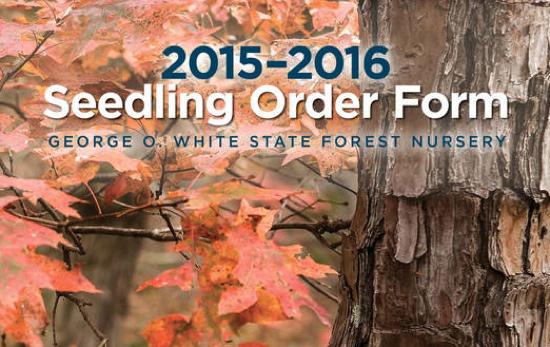Local News
Order Native Trees and Shrubs from Missouri Dept of Conservation State Nursery
November 04th 2015 by Dee Loflin

The State Nursery provides mainly one-year-old bare-root seedlings with sizes varying by species. Seedlings varieties include pine, pecan, oak, dogwood, tulip poplar, cottonwood, sweetgum, cypress, birch, hickory, willow, persimmon, pawpaw, deciduous holly, redbud, wild plum, ninebark, witch hazel, serviceberry, mulberry, elderberry, and many others.
Seedlings are available in quantities of 10, 25, or 100 per species. Prices for seedling quantities range from $6-32 per bundle. Receive a 15-percent discount up to $20 off seedling orders with a Heritage Card. Orders can be placed until April 15, 2016. Orders will be shipped or can be picked up at the State Nursery from February through May. Quantities are limited so order early.
Find images and information on available items, and ordering information, in the Department’s 2015-2016 Seedling Order Form catalog. The catalog is available in the November issue of the Missouri Conservationist, at MDC regional offices and nature centers by calling the State Nursery at 573-674-3229.
Last Updated on November 04th 2015 by Dee Loflin
https://showmetimes.com/Blogpost/uv3h/Order-Native-Trees-and-Shrubs-from-Missouri-Dept-of-Conservation-State-Nursery





